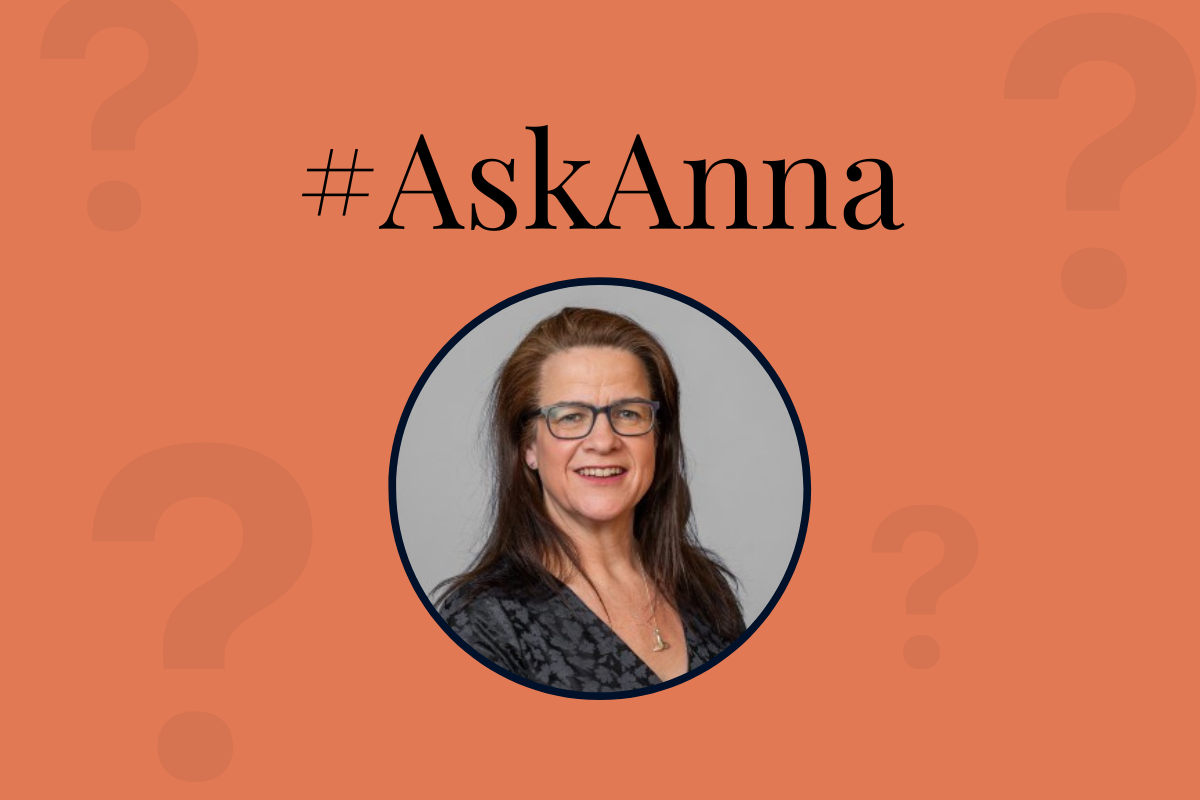What can I do to make my savings more tax-efficient?
Question: I’ve just filed my self-assessment tax return, and once again I’m paying tax on the interest from my savings. I already max out my ISA allowance each year, but I’m tired of handing over part of my earnings to HMRC. What else can I do to make my savings more tax-efficient?
Whilst it’s encouraging to see interest rates staying higher than expected, allowing savers to earn more, it does come with a downside: many of us are now paying more tax on our savings.
The problem is that the tax allowances for savers haven’t changed in years. They simply don’t reflect the fact that interest rates have climbed significantly from the rock-bottom levels we saw for over a decade.
Take the Personal Savings Allowance (PSA), for example. Introduced in 2016, it allows basic rate taxpayers to earn up to £1,000 in interest on non-ISA savings before paying tax, while higher rate taxpayers have a £500 allowance. Additional rate taxpayers do not have a PSA. But with rates rising, these thresholds are being breached with much smaller savings pots.
In December 2021, before rates started to increase, the best easy access account was paying 0.75% AER, meaning basic rate taxpayers needed over £133,000 in savings to exceed the PSA. Fast forward to today, and with top easy-access rates at around 4.75%, you’d breach the allowance with just £21,053.
This is one reason that cash ISAs have become so popular once again. They allow savers to protect their interest from the taxman. However, the annual ISA allowance—currently £20,000—hasn’t increased since 2017.
Another tax-free option for savers is NS&I Premium Bonds, although it’s a different type of savings account. Rather than paying a rate of interest to Premium Bond holders, the interest rate is applied to the amount held in the prize fund, and this funds the monthly prize draw that pays out prizes of between £25 and £1m each month.
The maximum you can hold in Premium Bonds is £50,000 per person and each £1 purchases one Premium Bond and all the bonds you own are placed into a random monthly prize draw. So, you might win something, or you might win nothing at all! The opportunity to potentially win a bigger prize – and tax-free, means that Premium Bonds have remained very popular even though the interest rate applied to the prize fund, and therefore the amount of cash available for prize money has fallen recently.
One other allowance that is available for those with a lower income is the starting rate for savings. If you earn less than £17,570 each year in total either from employment, a pension income or rental income you can earn up to £5,000 in savings interest before paying any tax on it.
It can be quite complex to calculate though and if you earn more than the Personal Allowance - which is currently £12,570 - but less than £17,570, the £5,000 allowance will be reduced by £1 for every £1 you earn over the Personal Allowance.
For example:
| Paid salary by your Employer (Fully used all of your Personal Allowance) | £16,000 |
| Personal Allowance | £12,570 |
| Difference | £3,430 |
| Remaining starting rate for savings (£5,000 - £3,430) | £1,570 |
If your income is less than £12,570 then you have the whole £5,000 starting rate for savers to make use of as well as any remaining Personal Allowance.
Couples can also benefit by shifting savings between partners. If one earns less than the other, it might make sense to transfer savings to the lower earner to maximize tax-free allowances. However, it’s worth seeking advice from an accountant or financial adviser to ensure you’re making the best decision for your circumstances.
With rates where they are, making the most of tax-free options like ISAs, Premium Bonds, and the starting rate for Savings can help you keep more of your hard-earned interest out of HMRC’s hands.
If you’ve found this article helpful and have a question relating to savings, investments and general financial planning that you would like to ask, please get in touch.
This article is intended for general information only, it does not constitute individual advice and should not be used to inform financial decisions.
The Financial Conduct Authority (FCA) does not regulate tax advice.
The accounts and rates mentioned in this article are accurate and correct as at the time of writing.

